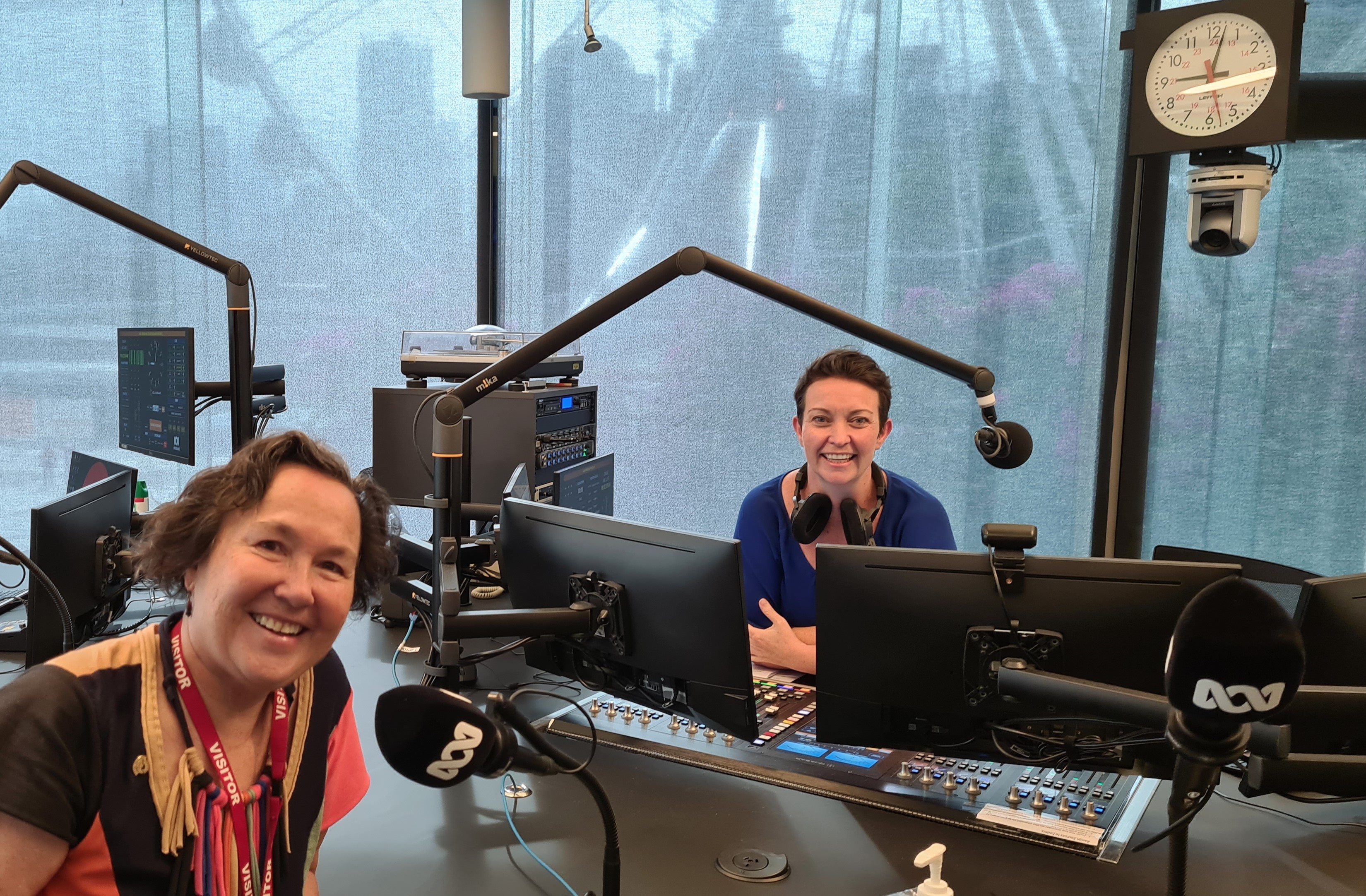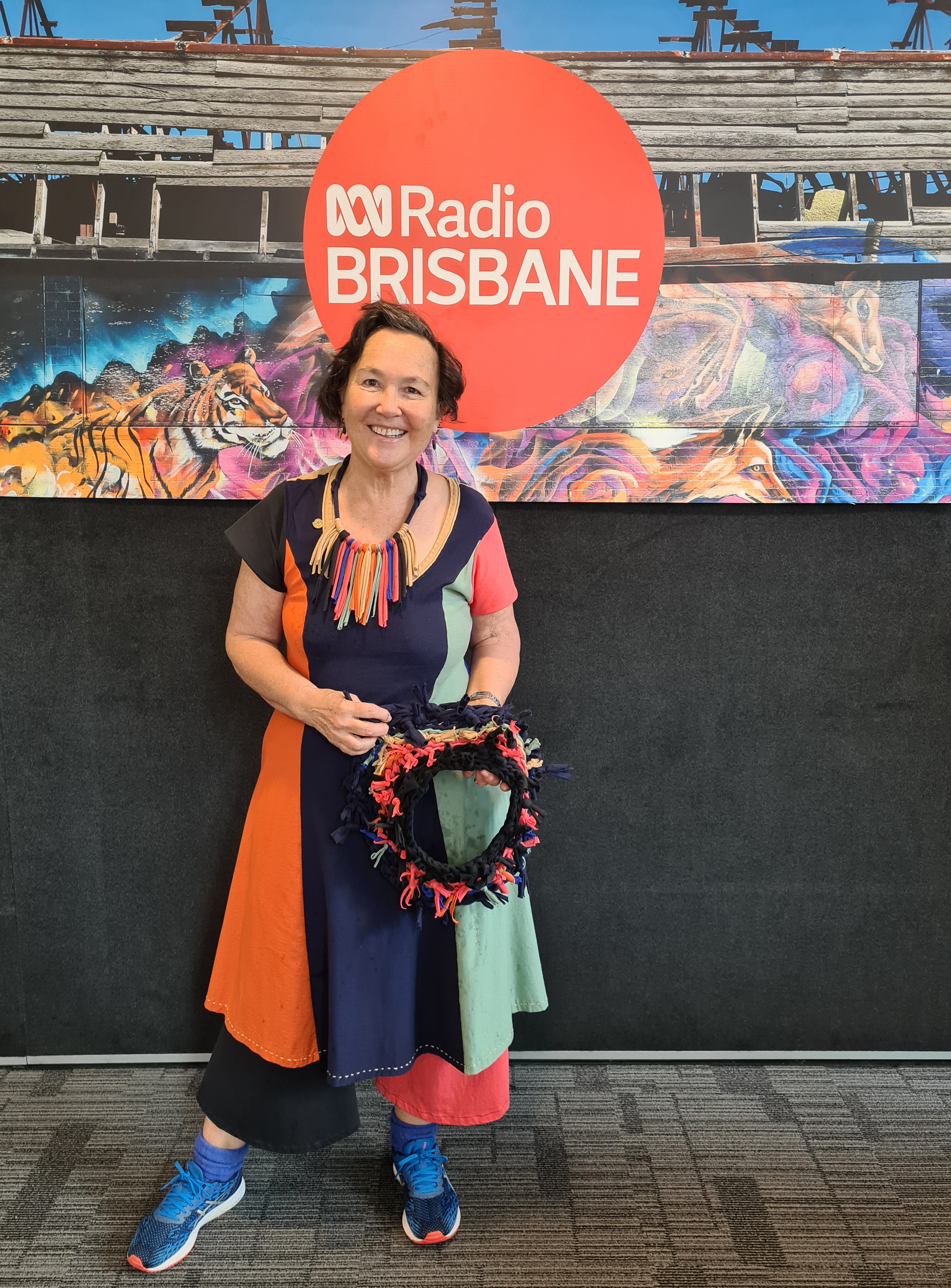Hot on the heels of Earth Day (April 22) and Fashion Revolution Week (April 18-24), Churchill fellow Jane Milburn departed on April 28 to undertake fellowship study investigating ways that being more aware and hands-on with clothes can help reduce our material footprint.
Clothing accounts for up to 10 percent of our environmental footprint and everyday practices that extend the lifespan of clothes – caring, repairing, rewearing, restyling, upcycling – can reduce its ecological impact and create independence from fast-fashion cycles.
Since 2012, Jane has advocated for living simply through sustainable practices with a particular focus on how we choose, care for and dispose of clothing. Jane won a Churchill Fellowship in 2019 to “investigate ways that hands-on upcycling can help reduce textile waste and enhance wellbeing” but her 2020 trip was postponed due to the pandemic. This week Jane begins eight weeks’ travel in New Zealand, the United States, the United Kingdom, and Japan to meet with slow fashion practitioners, academics and sustainability leaders.

Jane Milburn interviewed by ABC Mornings Presenter Rebecca Levingston before leaving on her fellowship.
“As an agricultural scientist, I’m interested in natural fibres and how we can use regenerative processes to reduce their impact on the planet. I’ve also been a lifelong slow fashion practitioner, sharing the simple pleasure of tinkering with clothes to make them last longer and avoid the need to buy more. This practice and independent research informed my 2017 book Slow Clothing: finding meaning in what we wear,” Jane said.
“In recent times we’ve seen fast fashion, modern-day slavery and synthetic (plastic) fibres combine to create excess consumption, leading to waste and pollution as well as a loss of knowledge and skills for making and repairing clothes.
“We all have agency to make a difference in the world. My slow clothing manifesto identifies sustainable everyday practices: think more, choose natural, quality, local clothes, have few and care for them, make, revive, adapt and salvage the resources where you can.”
In an interview with ABC Mornings presenter Rebecca Levingston, Jane said she is wearing her project (photo shows Jane wearing a dress she made from opshop-found cotton jersey pieces using a pattern from Alabama Studio Sewing + Design by Natalie Chanin borrowed from Brisbane Libraries). Jane said her hands-on upcycling approach is one end of a continuum with the other end being wasteful, thoughtless ultra fast fashion buying and tossing.

Jane Milburn wearing a dress she made from opshop found cotton knit, with offcuts used for accessories
Churchill Fellowships offer a diverse range of people from all walks of life an opportunity to travel overseas for up to eight weeks to explore a topic or issue that they are passionate about.